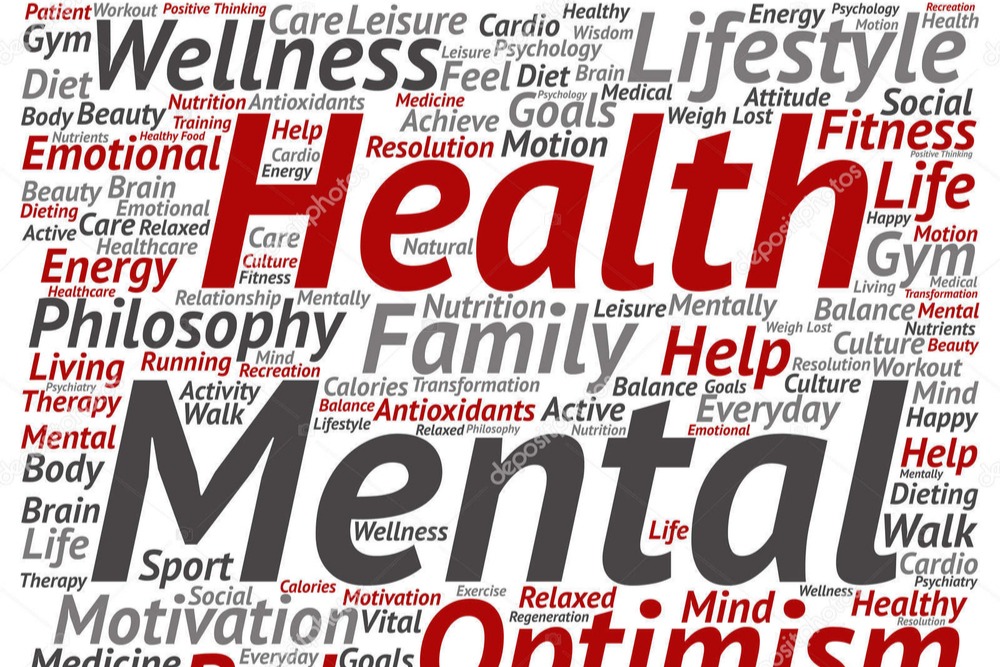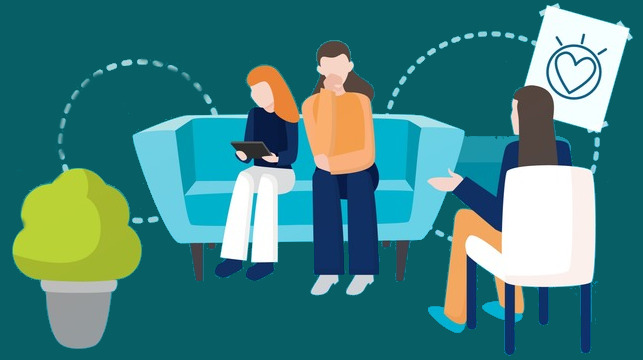Panic attacks are sudden, unreasonable feelings of fear and anxiety that cause physical symptoms like a racing heart, fast breathing, sweating, numbness and feeling a loss of control. Some people become so scared of these attacks that they develop panic disorder, a type of anxiety disorder. Psychotherapy and anti-anxiety medications can stop panic disorders.
A panic attack can occur when a person has high levels of anxiety. Anyone can have a panic attack. Sometimes, these attacks are a indication of panic disorder.
During a panic attack, a person may have experience overwhelming emotions, including helplessness and fear. Physical symptoms can include a chest pain, numbness, fast heartbeat, rapid breathing, sweating, shaking, dizziness and lightheadedness.
Panic attacks typically happen in specific situations that trigger increased stress. But some people experience them again and again, with no clear triggers. At this situation, the person may have panic disorder.
What causes Panic Disorder?
- If person have a health problem such as an overactive thyroid (hyperthyroidism), or heart or breathing problems.
- Depression or another mood disorder.
- Heavy alcohol use.
- Too much use of nicotine or too much use of caffeine.
- Taking certain medicines, which are used to treat asthma and heart problems.
- Drug use.
- Living with high levels of mental stress for a long time.
You have a higher chance of getting panic disorder or panic attacks if you have a parent with depression, bipolar disorder or any other mental health related issue.
Panic Disorders Symptoms :

(Source: https://www.bridgestorecovery.com/panic-disorder/)
A panic disorder is a sudden strong feeling of fear that can happen anywhere, at any time. At that time you’ll have following signs:
- Chest pain.
- Chills.
- Choking or smothering sensation.
- Difficulty breathing.
- Fear of losing control.
- Feeling like you’re going to die.
- Intense feeling of terror.
- Nausea.
- Racing heart.
- Sweating.
- Deadness or numbness in fingers or toes.
- Trembling or shaking.
- Upset Stomach and Nausia.
- Hand/Arm/Leg Vibration.
How are Panic Disorders Diagnosed?
Your doctor will ask about your past health and do a physical test. The test may include listening to your heart, checking your blood pressure, and ordering blood tests to look for other causes of your problem.
Your doctor will determine if you have panic attacks, panic disorder or any another condition related to mental health, such as heart or thyroid problems, with symptoms that resemble panic attacks.
To help identify a diagnosis, you may have:
- A complete physical test
- Blood tests to check your thyroid and other possible health conditions and tests on your heart, such as an electrocardiogram (ECG or EKG)
- A psychological evaluation to talk about your symptoms, fears or concerns, stressful situations, workstress, relationship problems, situations you may be try to avoiding, and family history.
- You may fill out a psychological self-assessment test or questionnaire. You also may be asked about alcohol or other substance usage.
Panic Disorders Treatment :
Treatment for panic disorder includes counseling therapy, especially cognitive-behavioral therapy (CBT). Medicines may also help. Treatment can help most peoples to control or even stop panic attacks. But symptoms can come back, especially if in case you stop treatment too early.
Early treatment of panic disorders is very important. It can prevent other problems related to mental health. These problems include depression, anxiety disorders, stress problems, and substance use disorder.
10 Ways to Naturally Reduce Panic Disorders and Panic Attacks :
- Stay active
- Don’t drink alcohol
- Stop smoking
- Ditch caffeine
- Get some sleep
- Meditate
- Eat a healthy diet
- Practice deep breathing
- Try aromatherapy
- Drink chamomile tea
Living with panic disorder
Panic attacks are often uncertainable, even after your diagnosis. They can make you feel helpless and incapable to handle situations. In addition to your treatment plan, As says above we can handle naturally the panic disorders. So consider following lifestyle changes to help reduce risk of a panic attacks and panic disorders.
- Physical activity/exercises can help you minimize stress. It can also calm and fresh your mind.
- Not getting enough rest can leave you groggy and tired. It can also cause you to be more emotional on regular bases.
- Avoid the alcohol, caffeine, smoking, and any recreational drugs. Any of these can trigger a panic attack/disorder.
- Join a support group.It’s always good to know you are not alone and helpless. Many times, simply talking about your panic disorder situation can create a feeling that you have power over it.
Panic Disorder vs Panic Attack
A panic attack usually lasts from 5 to 15 minutes. But it may last even longer, it is up to a few hours. You have the most anxiety about 10-15 minutes after the attack starts. If these attacks happen frequently, they are called a panic disorder.








